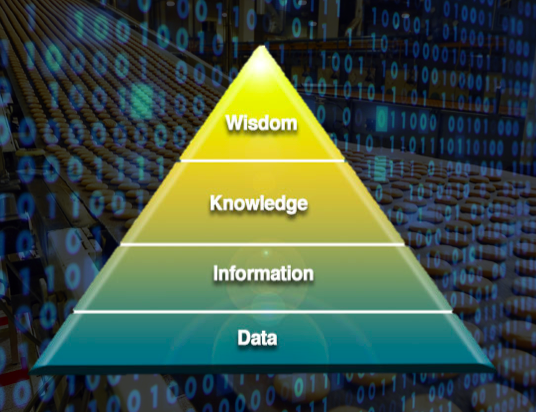Semantic Intelligence
In 2011, the world created a staggering 1.8 zettabytes. By 2020, the world will generate 75 times that amount of information yearly. In order to take advantage of this, new technologies will be required which automatically structure this data, make it searchable and semantically comprehensible by intelligent agents and humans and which allow the trustworthiness of that data to be assessed.
At IDLab, we operate at the sweet spot of the fusion of semantics and artificial intelligence. Only when all data are semantically described and automatically linked through machines, we will be able to make sense of the millions of ‘stories’ produced.
IDLab is already a leading Semantic Web group in Knowledge Representation & Management. In recent years, we have created novel, disruptive solutions in the fields of semantic data lifting and publishing. Now, we further expand this knowledge to real-time big data systems and semantic feedback into our deep learning algorithms.
- Semantic Knowledge Representation & Management
The overabundance of information on the Web, together with the complex relationship between professional and social media, calls for automated analysis. Only when all data are semantically described and automatically linked through machines, we will be able to make sense of the millions of ‘stories’ produced. IDLab is already a leading Semantic Web group in Knowledge Representation & Management. To further excel within this research domain, IDLab will further invest heavily in automatic data enrichment with provenance, Linked Open Data publishing and integration, collective social intelligence with trust estimation, and accompanying semantic standardization activities. - Distributed Reasoning & Smart Search
Media is increasingly being produced, distributed, and consumed in a networked fashion. This new technology paradigm aims at achieving self-managing information networks. Therefore, important research questions IDLab will tackle, are the support of the necessary levels of decentralization of decisions and coordination (a.o., distributed reasoning via federated querying and distributed joins) to be achieved in vast areas of (media) enterprises. Furthermore, automatic semantic reasoners will play a central role in the emerging era of cognitive computing, with capabilities beyond the current solutions. In particular, important research questions IDLab will tackle are probabilistic similarity reasoning, machine learning, and deep learning (AI) as central features of a new generation of smart search engines, operating locally (as on smart sensors) or over the net, to understand, find, describe, and match semantic content and complementary media resources. - Big Data Analytics
Due to social media, IoT sensor networks, and large-scale massive data experiments, huge amounts of real-time streaming data are accumulating in various fields of scientific research and in society. This new data-centric research paradigm requires highly efficient semantic data analysis tools for automatic knowledge discovery. Big Data analysis and Big Data mining is challenging and requires knowledge and expertise of multiple research disciplines of cognitive computing. Therefore, important research questions IDLab will tackle, are how real-time big data analytics and accompanying new visualization paradigms with interactive adaptive HCI will give us the necessary insights into who shares what and when, how to target engagement and how to maximize interactivity with an audience. - Intelligent Agents
Within the Web of Things, networked smart objects will have the capacity to directly interact and cooperatively evolve to achieve generic business objectives. IDLab will make these objects able to proactively adapt to unexpected context changes, while hiding their intrinsic complexity. As such, sustainable, collaborative, ubiquitous platforms will arise which will have self-configurable workflows of self-describing semantic services that are able to self-regulate the services-marketplace to an optimal solution wasting a minimum of resources. IDLab will continue its semantic standardization activities to make intelligent agents act as Linked Open Data providers according to the new Read-Write Web paradigm, where provenance and trust will be inherently incorporated.

“At its most basic level semantic search applies meaning to the connections between the different data nodes of the Web in ways that allow a clearer understanding of them than we have ever had to date.”
– David Amerland, Sr. Advisor @ Google
Since 2012 an IDLab team won the prestigious “Best Demo Award” 4-times in a row at the International Semantic Web Conference (ISWC), i.e., Linked Connections (2015), Linked Data Fragments (2014), Git2Prov (2013), and Everything Is Connected (2012)
IDLab’s Linked Data Fragments implementation of DBPedia (Semantic version of Wikipedia) has not been down since 2014, and that’s an unofficial world record. Since the beginning of 2016, IDLab was therefore asked to join the DBPedia core community. Since summer 2016, our RML-processor also has been integrated into the core DBPedia extraction framework.
